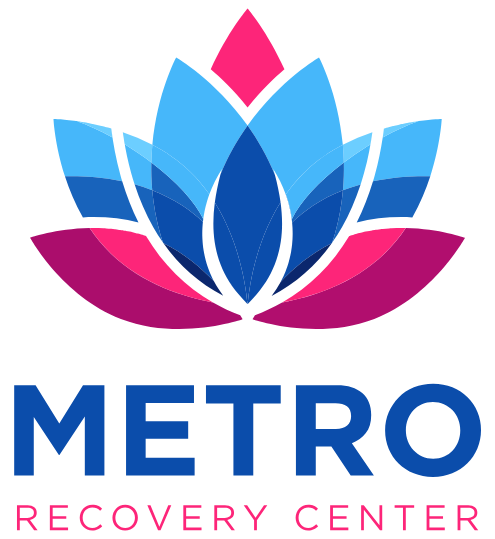Psychiatric & Evaluation Services
When You’re Struggling Mentally, You Deserve More Than a Prescription
At Metro Recovery Center, we see what traditional systems often miss:
That your depression, your panic, your emotional shutdown—it’s not just a disorder.
It’s the fallout of trauma, survival, and years of being misunderstood.
That’s why our Psychiatric & Evaluation Services are designed to provide more than labels or medications. They deliver compassionate, collaborative, and trauma-informed mental health care that integrates fully into your recovery.
Why Psychiatric Care Is Often the Missing Piece in Recovery
Many of our clients come to us with.
- A long history of misdiagnosis or overmedication
- Multiple ER visits without follow-up care
- Co-occurring disorders that were treated separately—or not at all
- Deep skepticism about psychiatry after years of being dismissed, rushed, or unheard

What Our Psychiatric Services Include
Comprehensive Psychiatric Evaluations
We provide full mental health assessments to understand your symptoms, history, trauma exposure, and life context. No rushed intakes. No one-size-fits-all labels.
Medication Management
For clients who benefit from psychiatric medication, we offer thoughtful, collaborative prescribing with regular check-ins to ensure safety, effectiveness, and comfort.
Ongoing Psychiatric Monitoring
Recovery is dynamic—and your mental health plan should be too. We adjust care as needed, coordinate with your therapist, and support stability across your entire journey.
Co-Occurring Disorder Assessment
We specialize in identifying and treating the overlap between addiction and psychiatric symptoms—including mood disorders, anxiety, trauma responses, and more.
Integrated, Not Isolated Why This Model Works
- Substance use counseling
- MAT plan (Methadone, Suboxone, Brixadi)
- Mental health therapy
- Case management and support systems
Who This Is For
- Clients struggling with anxiety, depression, PTSD, or bipolar symptoms
- People on MAT experiencing mental health changes or side effects
- Clients who’ve relapsed due to emotional distress or unmanaged symptoms
- Individuals unsure if they need medication—or how to explore it safely
- Clients previously misdiagnosed, under-treated, or dismissed by other systems

What Makes MRC Different in Psychiatric Care
Because we don’t medicate first—we listen first.
Because we don’t treat symptoms in a vacuum—we treat the whole story.
Because we don’t rush people through 15-minute check-ins—we build relationships.
Because we believe mental health is just as critical to recovery as anything else.
